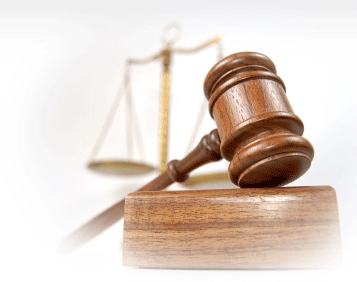|
.........
Walter Bagdasarian's rant: Loathsome but legal
EDITORIAL
~~~~~~~~~~~~~~~~~~~~~~~~~~~~~~~~~~~~~~~~~~~~~~~~~~~~~~~~~~~~~~~~~~~~~~~~~~~~~~~~~~~~~
 |
 |
|
LA Times - Editorial Walter Bagdasarian's rant: Loathsome but legal
Not for the first time, someone's repugnant speech has benefited from a robust — and correct — interpretation of the 1st Amendment.
July 25, 2011
A San Diego-area man who used the "N-word" to describe Barack Obama and said that he "will have a 50 cal in the head soon" was guilty of despicable conduct. What he wasn't guilty of, a federal appeals court has ruled, was the crime of threatening a then-presidential candidate. Not for the first time, a loathsome individual has benefited from a robust — and correct — interpretation of the 1st Amendment. |
|
It's hard to read the Internet postings of Walter Bagdasarian without cringing. In addition to the comments above, Bagdasarian wrote on a message board: "Shoot the nig." But the U.S. 9th Circuit Court of Appeals ruled that none of these statements constituted a threat to kill a presidential candidate. Judge Stephen Reinhardt said Bagdasarian's conviction had to be invalidated whether the court used an objective standard (Would a reasonable person consider the statements a threat?) or a subjective one (whether Bagdasarian intended his ravings as a threat).
That's the correct conclusion. The law under which Bagdasarian was convicted makes it a crime to "knowingly and willfully threaten to kill, kidnap or inflict bodily harm upon … a major candidate for the office of president or vice president, or a member of the immediate family of such candidate." Even Bagdasarian's most outrageous posting — the one in which he exhorted his readers to shoot Obama — failed to satisfy that definition.
It was, however, an incitement for others to engage in violence against Obama. Yet under the 1st Amendment, even incitement isn't prosecutable unless it meets certain standards. Reinhardt referred to a 1969 case in which the Supreme Court held that inciting speech can be punished only if it is "directed to inciting or producing imminent lawless action and is likely to incite or produce such action." That's a deliberately high hurdle for prosecutions of hateful speech, and one that an action against Bagdasarian would fail to surmount.
Decisions like this appall many Americans. They believe there should be no protection for violent speech even if it is unlikely to foment actual violence. When racism is added to the mix, the case for censorship or punishment can seem compelling. But violent speech is part of public discourse, often communicating ideas amid the vitriol. That is why the Supreme Court has protected what a famous justice once called "opinions we loathe and believe to be fraught with death" — unless they threaten imminent violence or insurrection. That wasn't the case with Bagdasarian's ranting, however hateful. |
|
|
 |

|